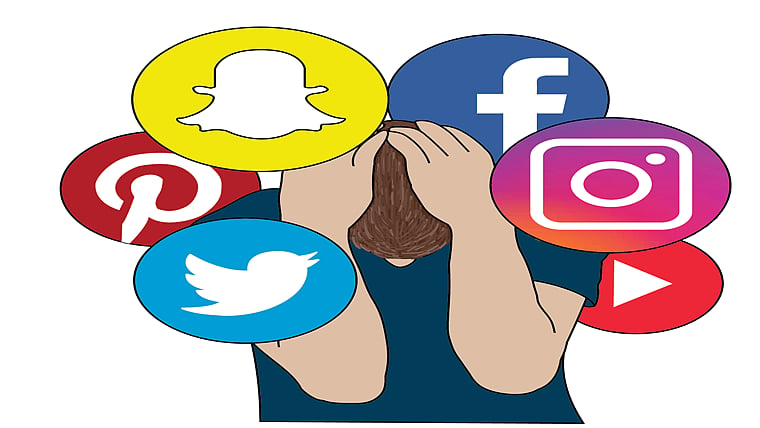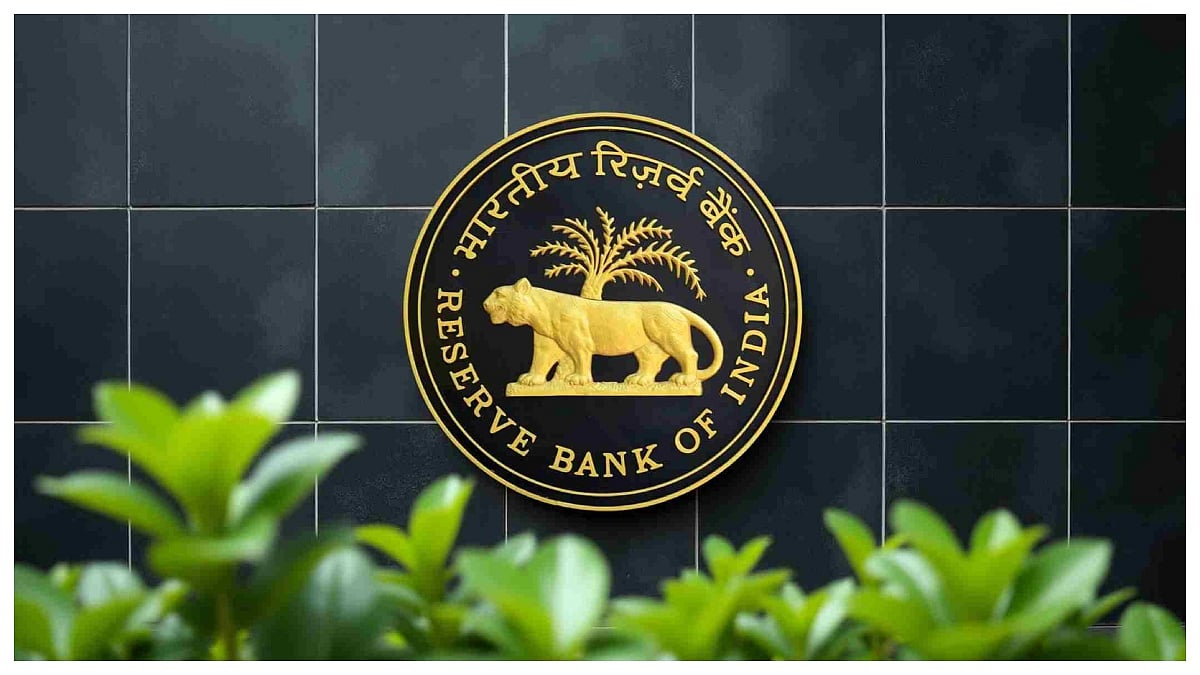Lately, I realise I have acquired the “social media mind”. I will give you a brief description of this sorry state of affairs. Here is how the social media mind works: I open my phone to do a net bank transfer, and instead I find I have started browsing my way about my various profiles (on Instagram, or Facebook or wherever else) – to see how many likes I have (I am not an influencer, so even though I am not in any zone to warrant this sort of activity it is an addictive behaviour), then I am wandering about liking an assortment of pages — cats (so cute), animals, crafts, arts etcetera.
Then, in between, because I am an animal lover, I find myself deep into a PETA video feeling very traumatised by the content that has been covered (which I uncover). Then, I realise I have not completed my task.
In the interim, all this “work” has made me truly tired. So instead of working my deadlined columns, or doing my bank transfer, which I have now completely forgotten, I realise that I am shopping online because an ad has caught my eye.
The algorithm of brands online is so designed that even if you are chatting with someone about cooking, you may find that Amazon ad for frying pans are miraculously telling you that you need this, and pronto. Then, when I am paying online for the product that I just had to buy, I suddenly realise that I have to make an important bank transfer.
The “horror” of this social media mind does not end in this comic tragic space. I realise that I am following umpteen people who have blue ticks or are famous. Essentially influencers. Though I realise mostly they are pretty or handsome people who are getting a hefty sponsorship or free goodies just because morons like me are following them. Basically, they are not influencing me to be a better human being.
Often, I guess it is the other way around if you see some clowns online who have a blue tick. They are basically influencing some fancy brand. And the word influencer is obviously very wrong, in this context. But who will bell the cat? Especially because if you speak about this, it is because you may actually be suffering from a severe case of sour grapes?
Then you realise that a lot of people you are interacting with have also acquired this “social media mind”. You tell somebody about some important monetary transaction. You realise that despite several WhatsApp chats the person has completely forgotten about this.
Partly because this dependence on online stuff means people trust any evidence online rather than what is verbally exchanged. So, in order to make the point, you have to sync and save your important chats because people’s memory is failing.
The other interesting aspect I find about this social media addiction is that people are only half tuned to real conversation. Their mind is half way inclined towards their phone, wanting to know what their “influencer” is posting. Plus, they have developed a peculiar habit of picking one or two words from a sentence and forming their own analysis of this. This is not as innocent as it appears.
It is, in fact, dangerous. I realised this when I was talking to someone about a loan. The person had heard cash, payment, soon. For instance, if you were saying, “I will pay back the loan soon, when I have a cash flow.” The person heard the word soon, and inferred it to mean I will pay back soon… while I had implied when I get the cash flow, hopefully soon (given the economic downturn, it could mean anytime from now to next year and whenever the economy recovers!)
I think it is important to recover our minds, from this messy way of being.
It is not funny, when you are at the receiving end of a “social media mind”. I find that we are so tuned out, that we make the person in front invisible, by not really listening.
How do we reclaim our minds
Engage in activity that is not gadget dependent.
Create with your hands.
Do a word puzzle.
Read a book (not from a gadget).
Browse real magazines occasionally.
Go to the park. (See if it is possible for you to not look at your phone for the time you are there).
Switch off from online behaviour while at home, especially while relaxing.
Do NOT equate online behaviour with relaxation.
Unfollow strangers who do not make you feel good. Many of them actually do that.
Keep track of how much time you spend on such behaviour, and reduce it.
If your profession requires you to do this, keep it to fixed timings instead of during the whole time.
When with family, do not keep reaching for your phone.
Be confident enough to request family members, or friends, from that sort of behaviour too.




